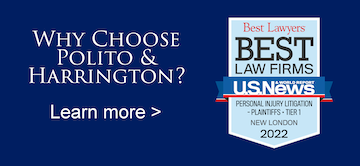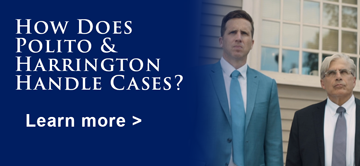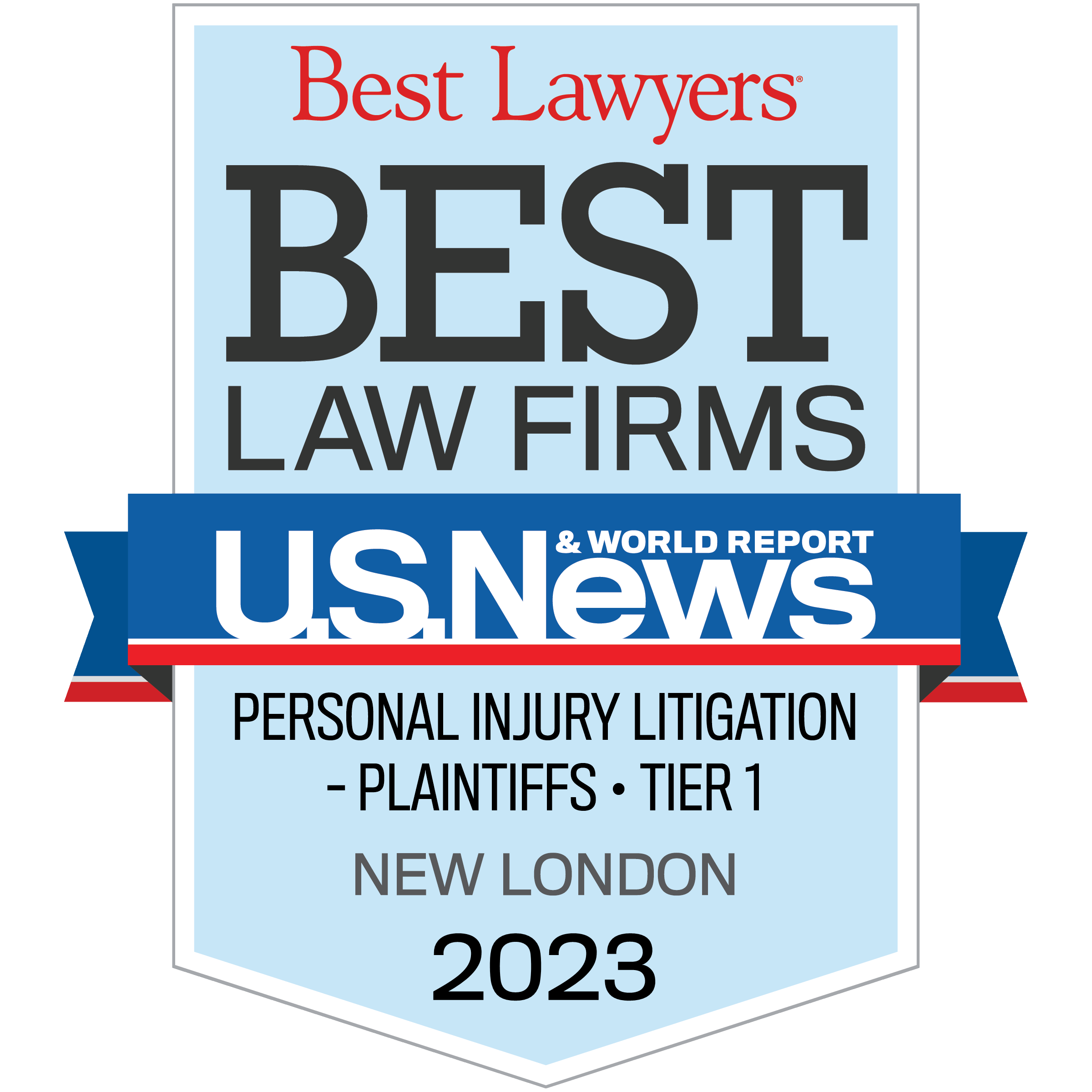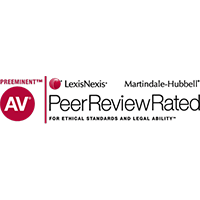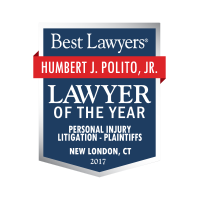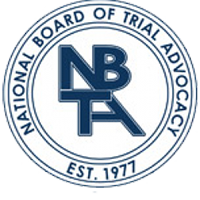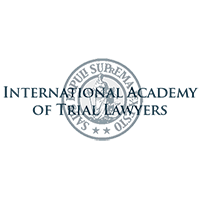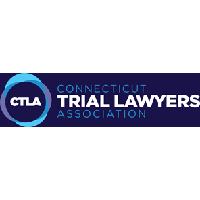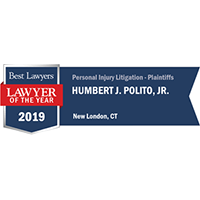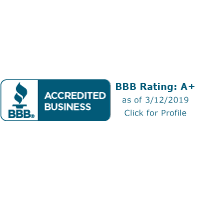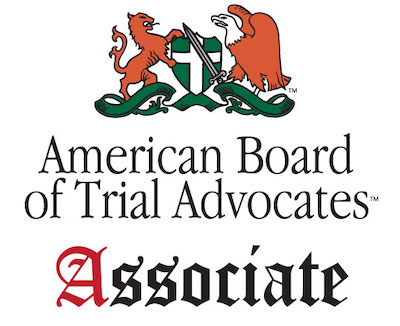U.S. Supreme Court Sides with Polito & Harrington’ Clients Over Limits to Mohegan Tribe’s Immunity
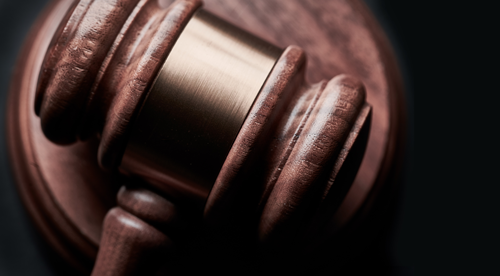
In a major victory for a Pennsylvania couple, the U.S. Supreme Court unanimously held on April 25 that an employee of a tribal casino is not protected by “sovereign immunity” from personal injury lawsuits in state court. Attorney James Harrington of Polito & Harrington represented the two auto accident victims at the center of this landmark Supreme Court decision. The justices agreed with Harrington, his co-counsel, and the U.S. Solicitor General that the victims’ personal injury claims belonged in Connecticut, rather than tribal, courts.
Driver Accused of Negligence Claims Refuge in Tribal Employment Status
Our clients, Brian and Michelle Lewis, were traveling on Interstate 95 in Norwalk when they were struck by a limousine. The driver worked for Mohegan Sun Casino, which is owned by the Mohegan Tribe of Indians. The Mohegans are permitted to conduct gaming operations under an agreement with the State of Connecticut.
Legally, federally recognized Indian tribes like the Mohegans are considered “sovereign” nations. Among other things, this means the tribe cannot be sued without its consent. Under Mohegan law, any lawsuits against the Casino’s operating authority must be heard in a tribal court.
In this case, our clients sued the limo driver, as an individual and not in his capacity as a casino employee, in Connecticut state court. The defendant moved to dismiss, arguing that since he was “acting within the scope of his employment at the time of the accident,” the tribe’s sovereign immunity barred Connecticut courts from hearing the case. (Separately, Polito & Harrington represented a number of people injured in the limousine, who successfully pursued and settled claims against the Mohegan Tribe in the tribal courts.)
The Connecticut trial court denied the motion to dismiss, noting the Lewises sued the driver as an individual. The Tribe was not a named defendant. The judge agreed with our view that the Tribe’s immunity did not apply. Unfortunately, the Connecticut Supreme Court disagreed and held the Lewises were trying to “circumvent tribal immunity” by suing an employee solely on the basis of a negligent act that occurred in the course of his employment with Mohegan Sun.
Polito & Harrington, together with our co-counsel at Perkins Coie LLP, asked the U.S. Supreme Court to review the state supreme court’s decision. The Supreme Court hears fewer than 1 percent of the appeals presented to it each year. This case was one of that select few; the justices heard oral arguments this past January.
Supreme Court: Driver Is the “Real Party,” Not Protected by Tribal Immunity
All eight justices who heard the appeal agreed with our position that the Connecticut Supreme Court’s decision was wrong. Justice Sonia Sotomayor delivered the Court’s majority opinion. She explained that this is a “negligence action arising from a tort committed by [the defendant] on an interstate highway within the State of Connecticut.” The limo driver, not the tribe, was the “real party in interest,” she said.
Justice Sotomayor said the Connecticut Supreme Court’s decision incorrectly “extended sovereign immunity for tribal employees beyond what common-law sovereign immunity principles would recognize for either state or federal employees.” She added the fact that Mohegan tribal law requires it to indemnify the limo driver – i.e., pay any civil damages arising from his negligence – does not, as a matter of U.S. law, “extend sovereign immunity to individual employees who would otherwise not fall under its protective cloak.”
Justice Clarence Thomas and Justice Ruth Bader Ginsburg wrote brief opinions concurring. Justice Thomas said he believed sovereign immunity should never extend to lawsuits arising from the “commercial activities” of an Indian tribe “beyond its territory.” Similarly, Justice Ginsburg said that “tribes, interacting with nontribal members outside reservation boundaries, should be subject to nondiscriminatory state laws of general application.”
Have You Been Injured in an Accident at a Connecticut Tribal Casino?
The Supreme Court’s unanimous ruling is a victory for common sense. While tribal courts have their place in our legal system, no accident victim should ever be denied access to the Connecticut courts based solely on a negligent driver’s employment status. If you have been injured in any kind of accident, including those that occur within tribal casinos, and need legal assistance from a qualified Waterford personal injury lawyer, call Polito & Harrington LLC today at 860-447-3300.



